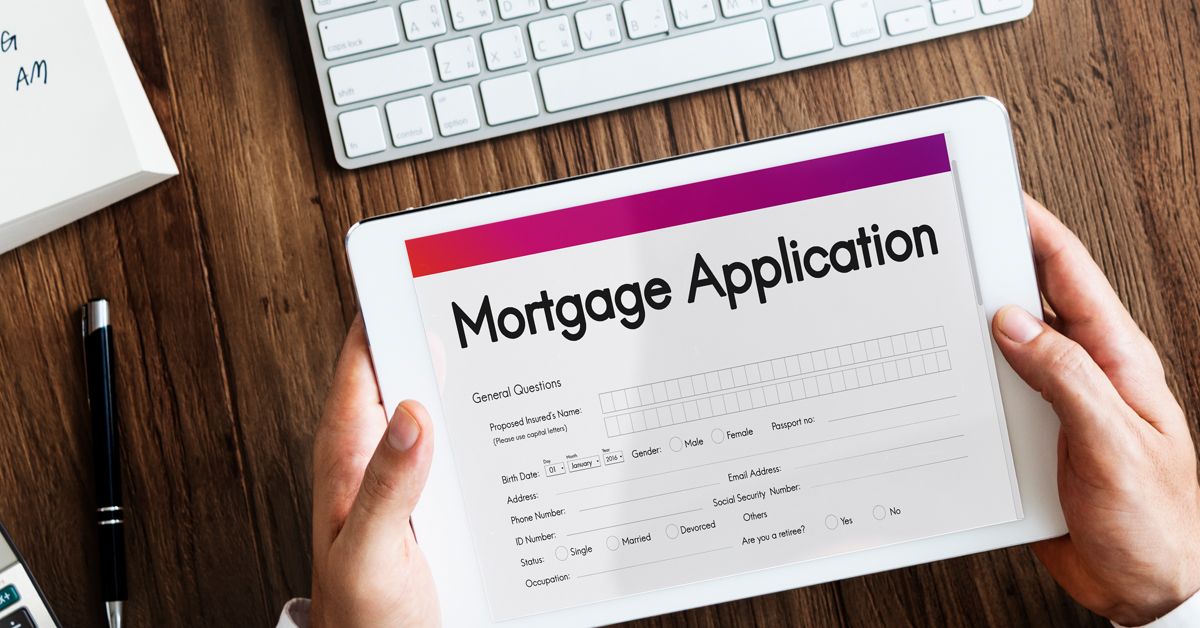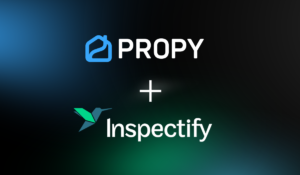Do you plan to buy a property in the near future? 2023 is ahead of us and with the market seeing some decline you may find a dream home at a discount compared to the last two years.

However, as a homebuyer, you don’t want anything to be on your way when closing on the home selected. With approximately 45% of home-buyers applying for a mortgage in order to buy a home, it is important to have some tips in mind that will show you as a good mortgage candidate and get a loan. Read the article till its end to avoid any of the well-known mistakes that could reduce the amount of financing you qualify for, result in a higher interest rate on a mortgage or cause a lender to reject the mortgage application.
So, let’s start:
Checking credit score
The first thing you want to do is check your credit score as it plays a big part in mortgage applications. Knowing where you stand can help to understand what kind of interest rate you might qualify for and make it easier to get a mortgage. If your credit score is not as good, it may be good to plan on how to improve it and be sure that there is enough time to adequately boost it. This could have a big impact on the success of the application.
Some of the best practices to boost credit scores include but are not limited to: closing unused credit cards, not withdrawing cash using a credit card, avoiding being close to the credit limit, and more.
Racking up debt
It’s best not to take on additional debt before applying for a mortgage – it makes sense, right? A lender will want to know if they can trust you to repay the mortgage loan. They will look into your financial history to check incomings and outgoings, making sure that you would be able to pay the mortgage off each month on a certain date without any stress.
However, if the lender sees that there is an extra debt to pay back, then they could regard you as a risky borrower which would hurt the chances of getting a mortgage. Taking extra credit will also reflect the so-called debt-to-income ratio – or how much debt you’re paying off each month in comparison to how much money you earn. Typically, if the rate is above 43%, you’ll be considered a risky borrower and the bank may not approve the request.
Making a considerable purchase
If you think that now is the time to buy a home using a loan, think about reducing expenditures. This includes the new car you would like to buy and spending time on vacations. You should be 100% sure that you can afford to pay the monthly payments.
The lender will definitely look at affordability and a large outgoing or more debt to service means that potentially your affordability will be lower as you’ve now got a large monthly commitment. Buying a new car will add more pressure on your financial stability and you may not be able to buy the home. Leave the new car for the next year – cars are products that depreciate over time. On the other hand, real estate prices are appreciating over time.
Falling Behind on Bills
As we already mentioned, the lender will check every piece available to confirm that you are able to give his money back. Another tool, that could be used to increase credit score is to not miss bill payment deadlines.
Falling behind on bills is a bad practice. If history shows that you can’t pay the bills on time, the lender will likely assume that you’ll make late mortgage payments too.
Changing jobs
Another thing that should be avoided, when possible, is making a career change weeks before meeting with a lender might hurt the chances of qualifying for a mortgage. The lender is going to want to make sure you have a stable source of income. If you start a new role in a new company right before beginning your mortgage application, you might not even have a pay stub to show the lender how much you’ll be bringing home going forward.
How about being self-employed? Well, this is a much bigger problem. You’re no longer employed and can’t use that income even if it was only from last month, as you no longer work there. When self-employed, most lenders will require proof of income averaged over the last 2 years (there is a handful that will allow just a year) to show a steady income. If you are not able to give lenders what they need to prove income, you may have to wait a couple of years and eventually miss the house.
Marrying Someone With Bad Credit
Keep in mind that if you’re getting the house together with the loved one after the marriage, both your credit scores and financial histories could be taken into account.
If you’re marrying someone whose credit isn’t in tip-top shape, it might be a good idea to work on improving his or her score or buying the property on your own before this big step for the relationship. A good practice is also to not spend a lot of money on weddings, which could be used to increase the credit score.
Co-Signing on a Loan
Think carefully about your plans and do not agree to co-sign a loan for a child in college or another family member, particularly if you’re trying to become a homeowner. By doing so, you become partially responsible for that debt and if the borrower can’t keep up with payments and defaults, you will be the first to be asked to pay the rest. This will affect the credit score immediately.
After we discussed some of the things to avoid when applying for a mortgage, here are some tips that will help to get the mortgage wanted:
Find a financial advisor
A professional could help with preparing the mortgage application. We recommend working with financial advisors who serve your area. He will definitely take a closer look at the important questions and understand the whole process in depth.
Use a mortgage calculator
It will be good to know how much you are expected to pay every month for the property. Use a mortgage calculator to estimate the monthly mortgage payment with taxes, fees, and insurance. Having a 100% view of your payments will help with the expenses.
Find the best lender
If your credit score is good then you will be approved by a couple of lenders. This will give you the opportunity to compare the plans they provide and find the one that fits your needs. Your financial advisor will also help to find the best plan with the best conditions.
Buying a home with crypto
We live in a digital world, where blockchain and digital currencies are paving the way to Web3. Inspired by this new way of transacting value on-chain with full transparency, the Propy platform aims to streamline the home buying process.
Thanks to our partnership with Abra Borrow, our customers − prospective home buyers − are able to buy real estate by securing a loan using their digita/ crypto assets as collateral and borrow U.S. dollars with flexible repayment terms and interest rates as low as 0%. This, in effect, unlocks the power of crypto to directly fund the home you like. Find out how this works here.
Final words
Buying a property is a journey. However, with all the benefits, come to some responsibilities. Before entering the process be sure that you have all the knowledge you need as well as a good credit score. Make sure that you find the right real estate agent who will guide you through the whole process and find your dream home.
Join our community channels
Twitter | Discord | Instagram | Telegram | Facebook | LinkedIn






